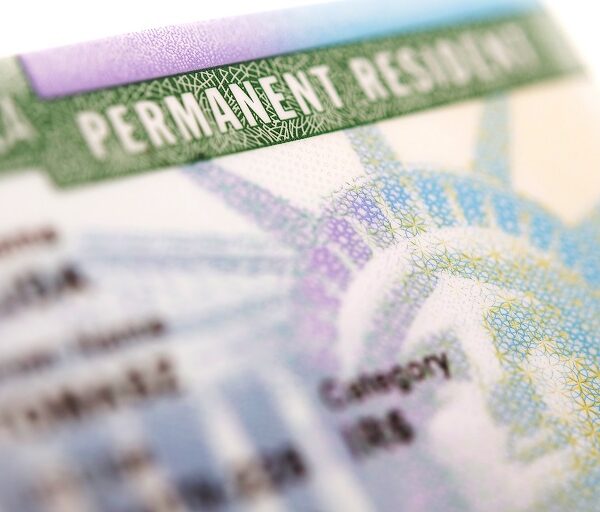Understanding the Tax Filing Fears Among Undocumented Immigrants
As Tax Day approaches each year, a cloud of anxiety looms over many undocumented immigrants in the United States. The fear of potential repercussions from filing taxes can lead to significant stress and uncertainty. This article delves into the reasons behind these fears, the importance of tax compliance, and the options available for undocumented immigrants.
The Landscape of Undocumented Immigration and Taxes
The intersection of undocumented immigration and tax obligations is complex. Many undocumented immigrants contribute to the U.S. economy, yet their status complicates their relationship with the tax system. Despite the challenges, it is essential to recognize that:
Fear of Detection and Deportation
One of the primary reasons undocumented immigrants hesitate to file taxes is the fear of detection. Many believe that by filing their taxes, they may inadvertently expose themselves to immigration enforcement. This fear is not unfounded, as the current political climate has heightened concerns about deportation and stricter immigration policies.
Key points of concern include:
The Importance of Tax Compliance
Despite the fears, filing taxes can be beneficial for undocumented immigrants. Here are a few reasons why tax compliance is essential:
Resources and Support for Tax Filing
To alleviate the fears associated with tax filing, several resources and organizations offer support to undocumented immigrants. These resources can help individuals navigate the tax filing process safely and effectively:
Legal Protections and Rights
Understanding legal rights is crucial for undocumented immigrants when it comes to tax filing. Here are some key legal protections:
Empowering Undocumented Immigrants to File Taxes
Overcoming the fear of filing taxes requires a concerted effort from community leaders, organizations, and policymakers. By promoting awareness and providing support, undocumented immigrants can be empowered to fulfill their tax obligations without fear.
Steps to empower and encourage tax filing include:
Conclusion
As Tax Day approaches, it is essential to recognize the unique challenges faced by undocumented immigrants regarding tax filing. While fears of detection and deportation remain prevalent, the importance of tax compliance cannot be ignored. By leveraging available resources, understanding legal protections, and fostering community support, undocumented immigrants can navigate the tax filing process with confidence.
Ultimately, creating a supportive environment for tax compliance not only benefits undocumented immigrants but also strengthens the overall economy and community cohesion.







